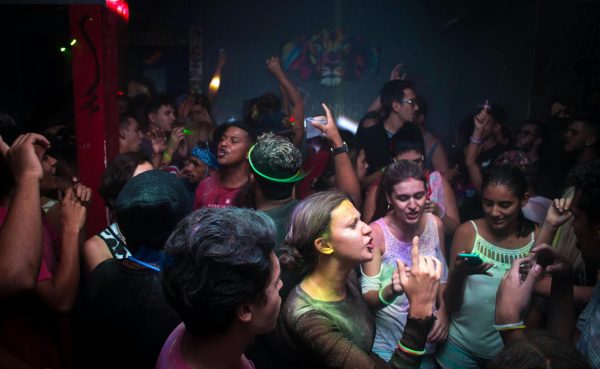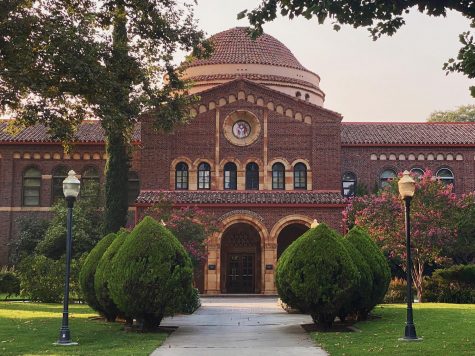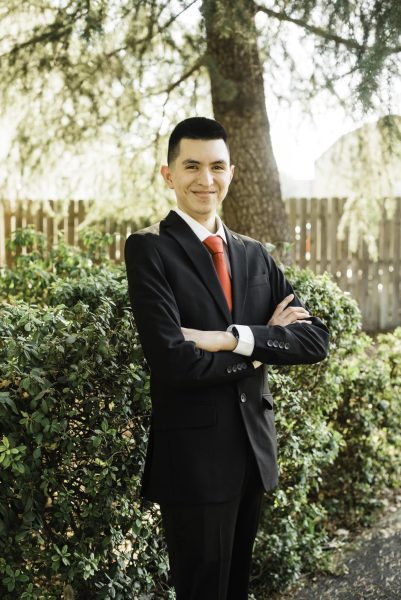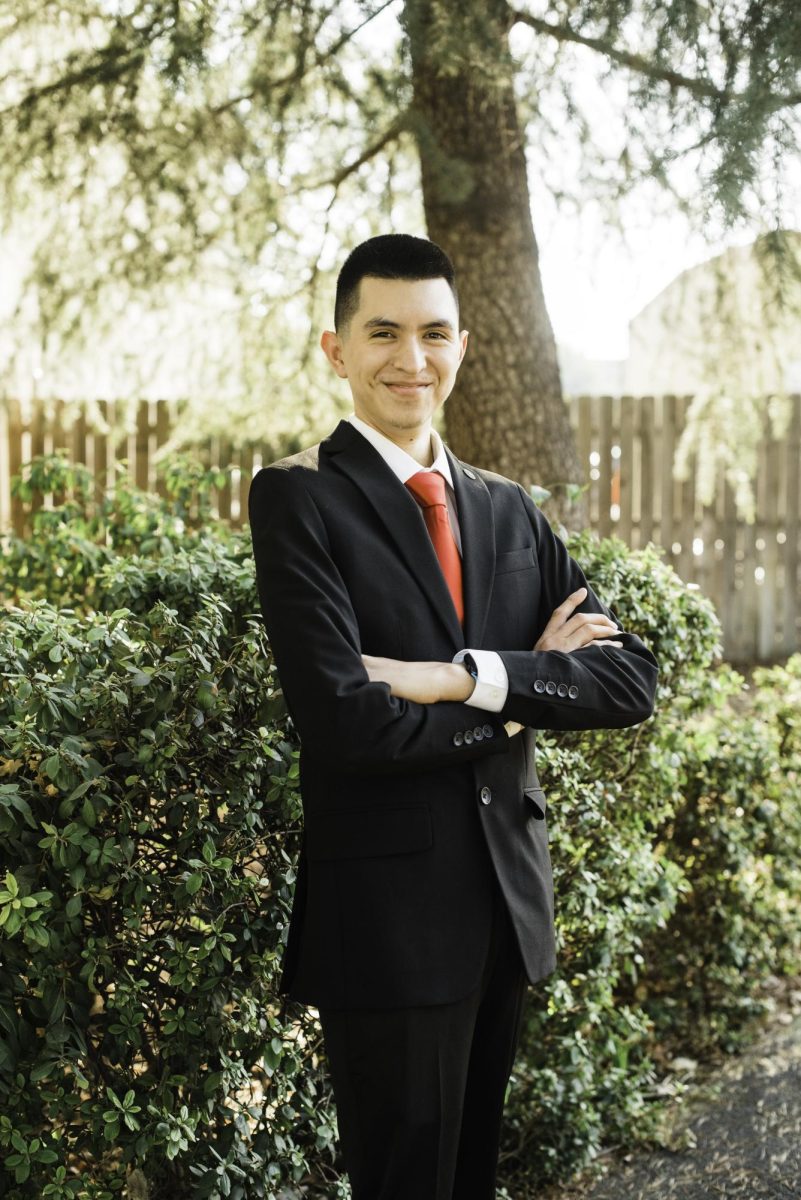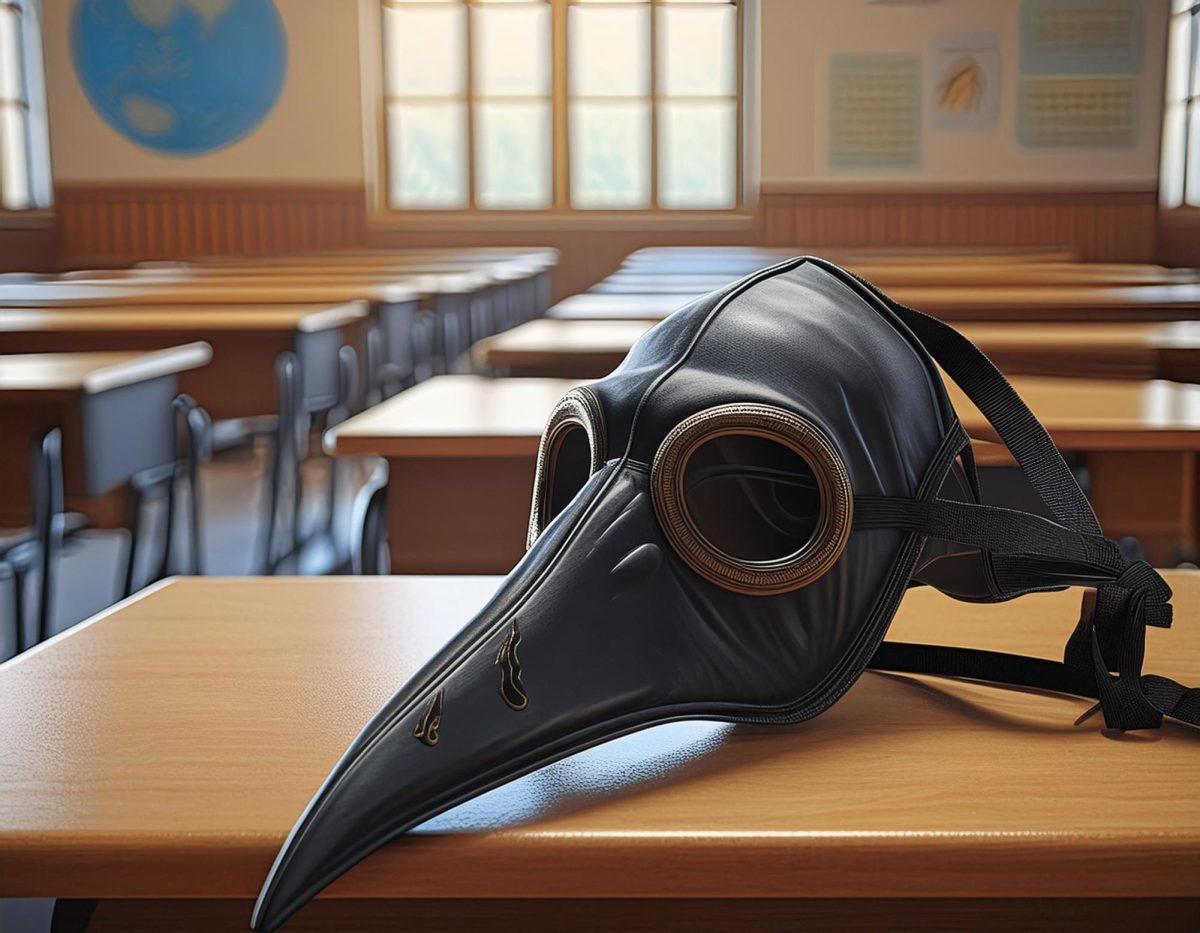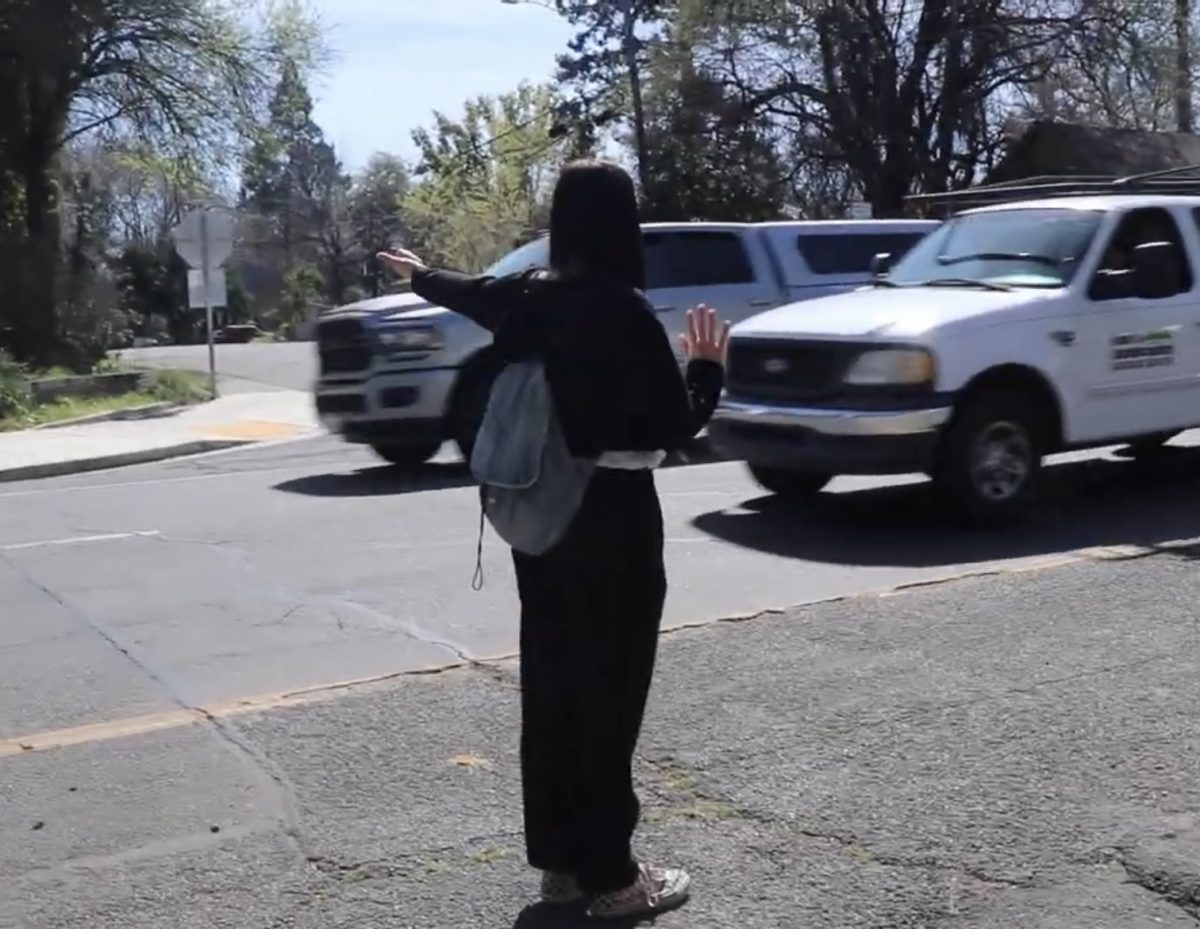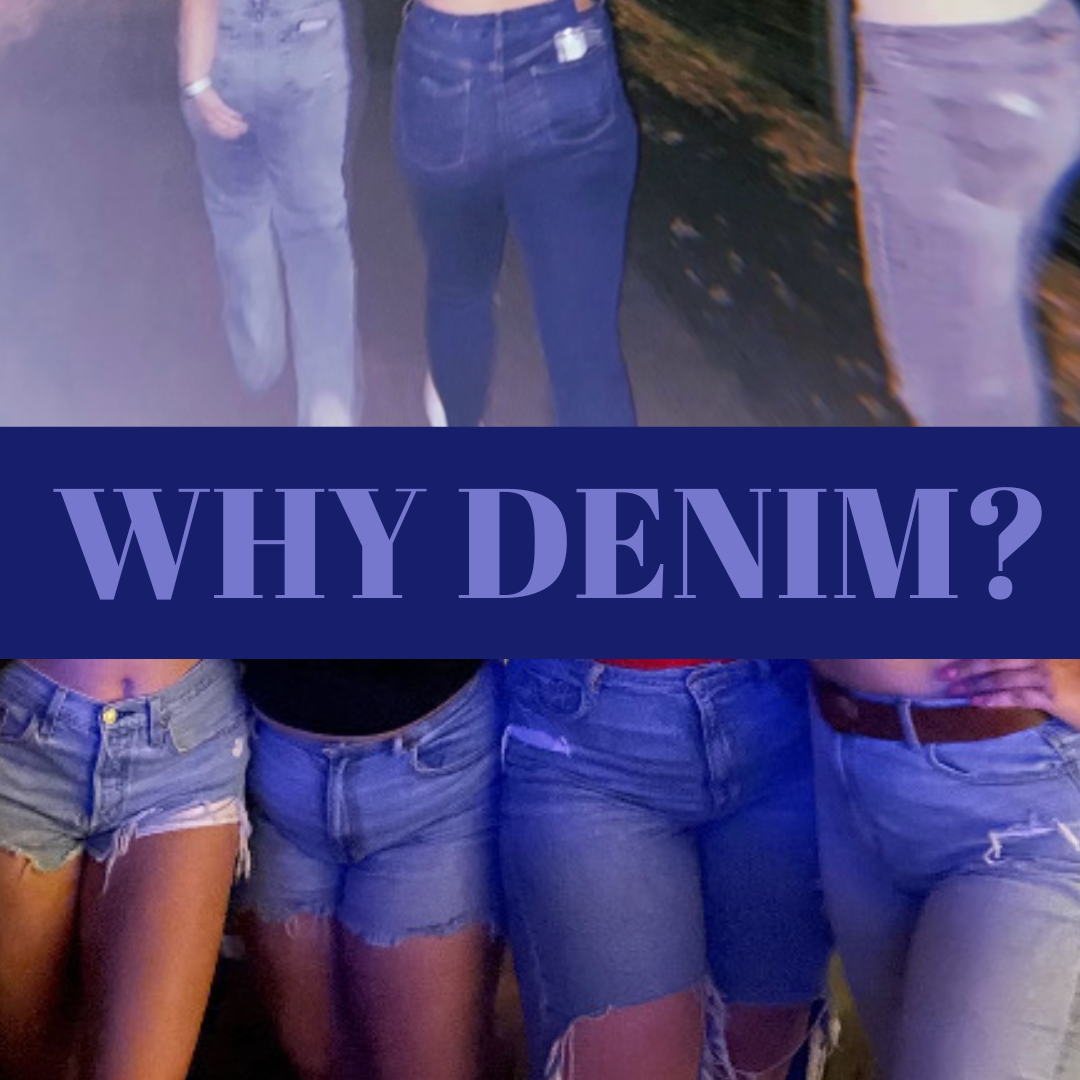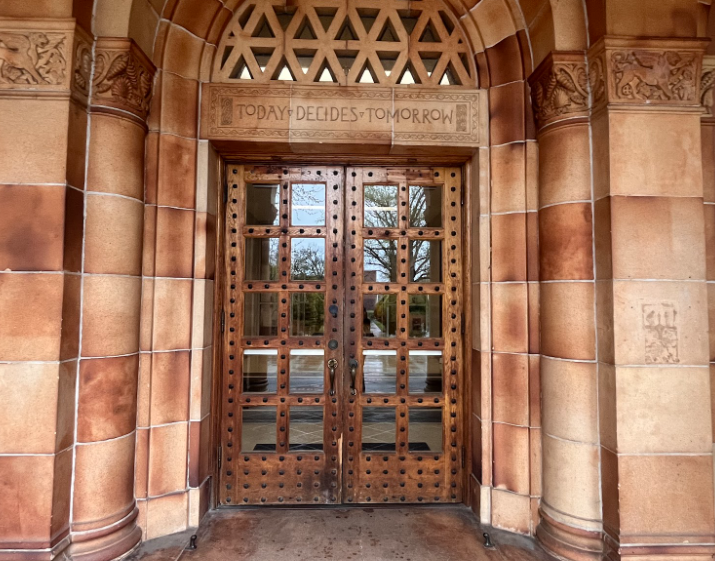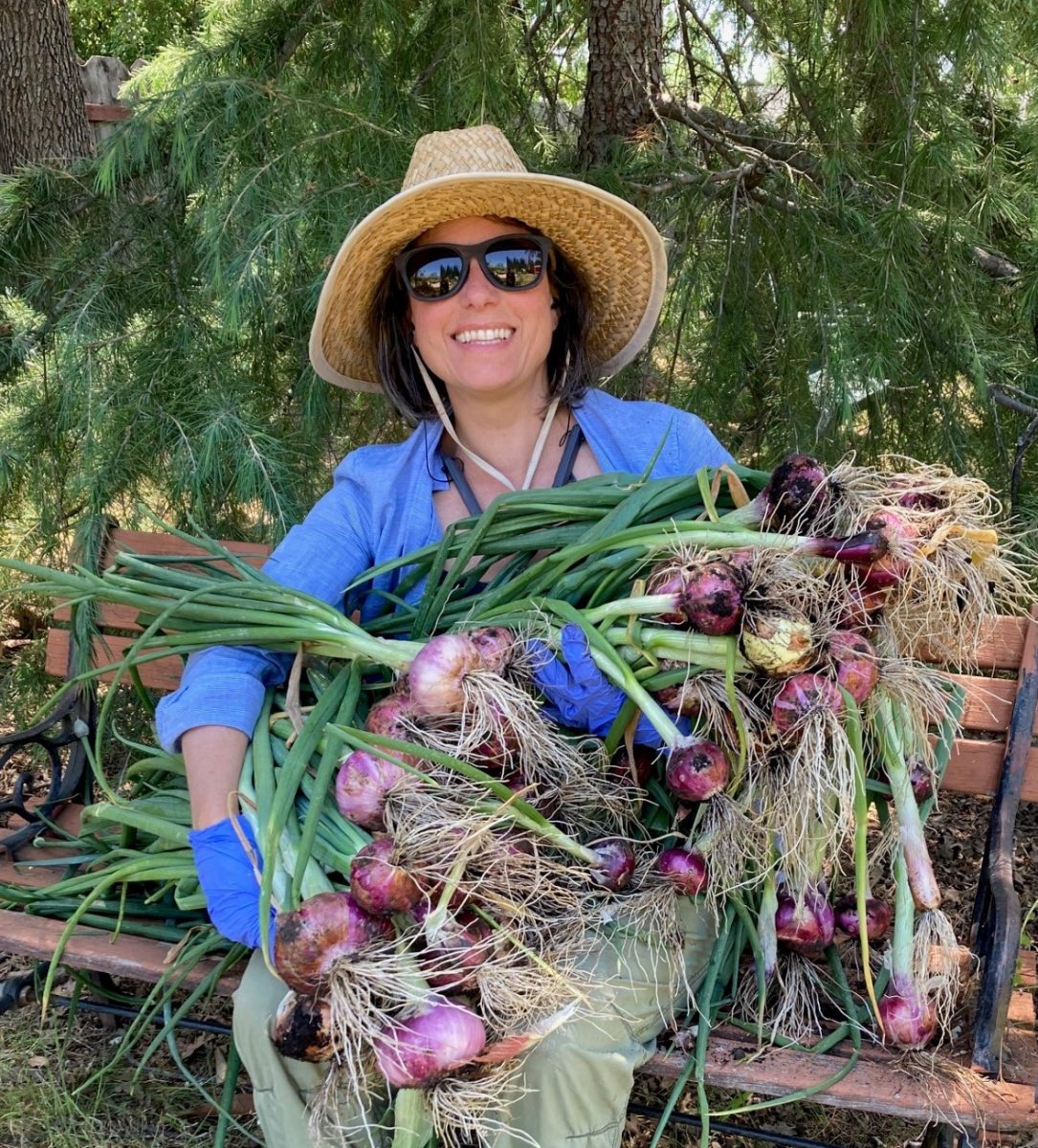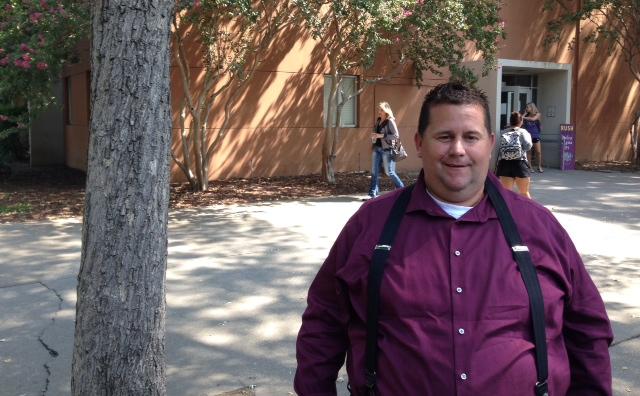
Jimmy Sims, a 38-year-old junior re-entry student, said he realized with age comes more focus and determination to graduate.
“When I was 18 I (didn’t really care about) how my grades were,” he said. “Now that I’m older, I understand this is kind of my last chance to get it done before I’m too old to make enough for my retirement.”
Being over the age of 25, many re-entry students have families and full-time jobs on top of their required coursework. This causes them to have a different outlook on their time in college than those who are out on their own for the first time.
Sims has also realized there are some disadvantages that come along with the title.
“I can’t really afford to make a mistake or do bad in a class,” he said. “It would make my time (at school) longer.”
Keeping up with his full course load isn’t the only challenge Sims has faced since returning to college. Mixing in with other students several years younger than him has proved to be somewhat difficult.
“(It) seems like I have different needs or even have different goals,” he said. “I’m even interested in different (things) so it’s hard to (find the) same interests. The challenge comes with making friends. I have a family now, so I’m more family oriented and focus mainly on my (home life) and getting good grades in school.”
In contrast to Sims’ perception of older-younger student socialization, Karissa Lutes, a 23-year-old senior English literature major, prefers to chat up re-entry students because they share a similar mindset and she can learn a thing or two not taught in the typical class setting.
“I have more in common with (older students) because they have a more mature outlook on life and have had experiences that make their lives more interesting,” Lutes said. “(They) are helpful to me (because) I have not had nearly as much experience as them.”
Lutes isn’t the only one who sees sharing the classroom with re-entry students as a positive experience. Chris Fosen, a professor of composition for the English department, has noticed a significant distinction between students of varying ages and he values the efforts made by older students.
“Attendance, work quality and focus (are) better,” he said. “(And they) work as well or better than other students when in their groups.”
Teaching re-entry students comes with its own advantages, like giving him more chances to mentor and extend information than he could within the limitations of his set class periods, Fosen said.
“In my experience, older students come to my office more frequently, ask for additional resources or readings for projects and leap at opportunities to apply the concepts we study in real-world contexts,” he said.
Other than showing great enthusiasm for learning, Fosen has had many re-entry students bring a little something extra to the table and thinks they can serve as effective role-models for others.
“Older (students) have often raised a family, served in the military or had other major experiences that enrich their perceptions of what they are studying and shape our conversations in class,” he said. “So I often push these older students a bit more, to go deeper, explore the subject more, not just because I think they often have more resilience than students of a traditional age but also because they very often know what they want out of their education.”
Amanda Rhine can be reached at [email protected] or @am_rhine on Twitter.
